ERC Starting Grant funding

Matilda Backholm
Project: "Direct measurements of collective swimming forces at the mesoscale"
Duration: 2024 - 2028
Matilda Backholm aims to understand the complex movement of brine shrimp - a gateway to physics on an unfamiliar scale.

Corinna Coupette
Project: "Toward a Computational Theory of Legal Complexity"
Duration: 2025 - 2030
Corinna Coupette aims to improve the capacity of legal systems to respond effectively to today’s problems, such as combatting climate change, safeguarding democracy and regulating artificial. In this project, Coupette’s team will develop a computational theory of legal systems. To this end, the researchers combine perspectives from legal theory with concepts and method-development techniques from computer science and network science.
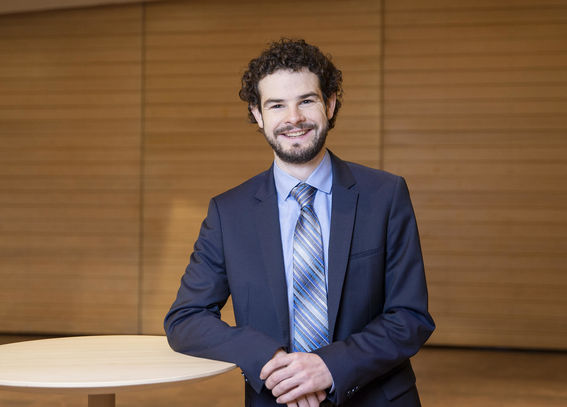
Daniel Hauser
Project: "Modeling Misspecification: Incorporated Information Processing Biases into Economic Models"
Duration: 2025 - 2030
Daniel Hauser works on game theory and the economics of information. His work is primarily focused on model misspecification of information and the role it plays in economic decision-making.
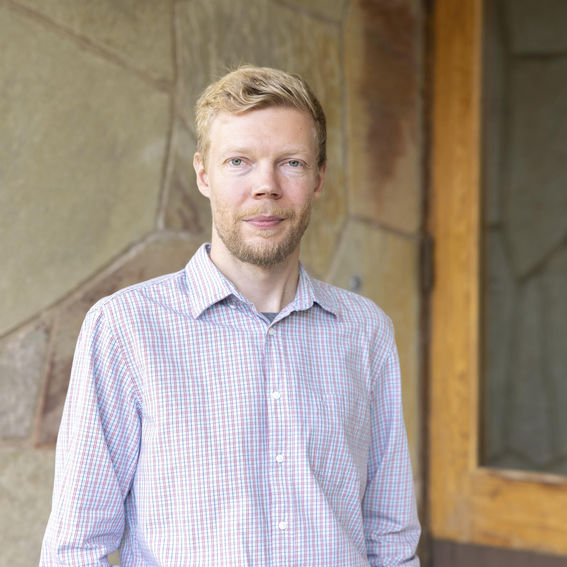
Jarno Mäkelä
Project: "Single-molecule visualization of temperature adaptation in sub-cellular dynamics and organization across bacteria"
Duration: 2023 - 2028
Pekka Peljo
Project: "Bioinspired, biphasic and bipolar flow batteries with boosters for sustainable large-scale energy storage"
Duration: 2021 - 2025
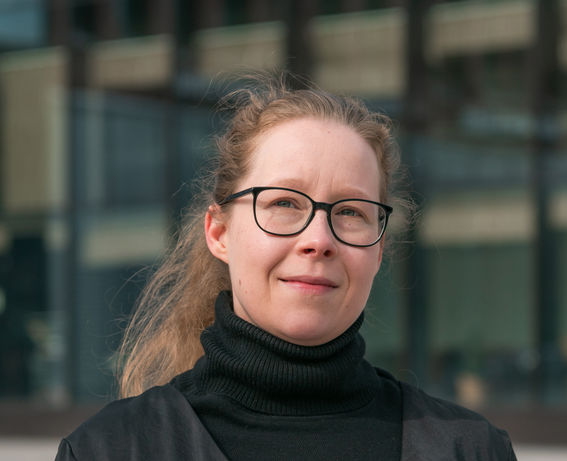
Eveliina Peltola
Project: "Interplay of structures in conformal and universal random geometry"
Duration: 2023 - 2027
Eveliina Peltola's Starting Grant project uses symmetries to build links between random phenomena. The goal is to create connections between different areas of mathematics and bring new tools to the research of random geometry and mathematical physics models.
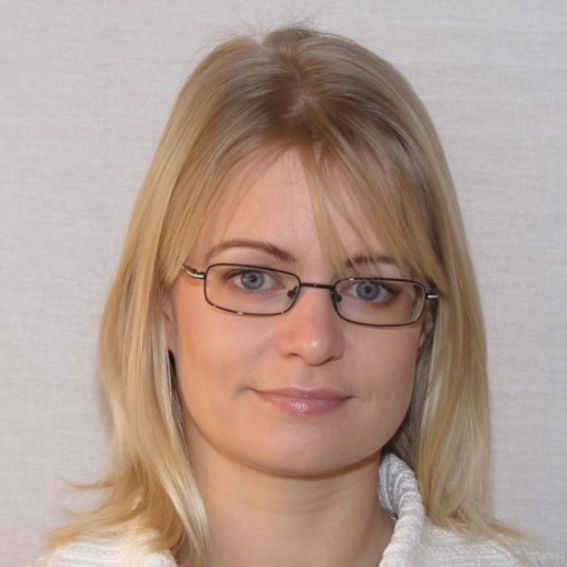
Andrea Sand
Project: "Comprehensive multiscale modelling of atomistic and electronic structure of radiation-induced defects in semiconductors"
Duration: 2023 -2028
The aim of this five-year research is to improve the prediction of radiation damage in semiconductors. The new method could increase the lifetime of equipment and promote the introduction of new materials in various electronic components.
Person profile Andrea SandNews: Research project develops method for predicting radiation damage in semiconductors
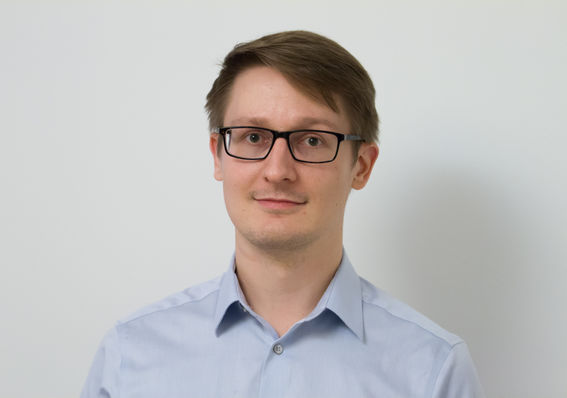
Jaakko Timonen
Project: "Interacting with Active Particles"
Duration: 2019 -2023
This five-year research project Interacting with Active Particles will design a new kind of magnetic tweezers with which to control and study the interaction of moving active particles. The tweezers could be used in microbiological research, for example, to separate and differentiate between various types of cells.
The new extensive research projects led by Professor Jaakko Timonen seek a breakthrough in controlling microscopic active particles with magnetic tweezers. The research focuses on particles that move in different ways: bacteria, microalgae, and synthetic active particles.
The aim is to develop a new type of magnetic tweezers to manipulate rapidly moving active particles in real-time and also to study the mechanisms underlying the interaction between the particles.
Person profile Jaakko TimonenNews: New multi-million euro projects design magnetic tweezers to explore interaction and swarming dynamics of moving particlesWatch the Youtube video
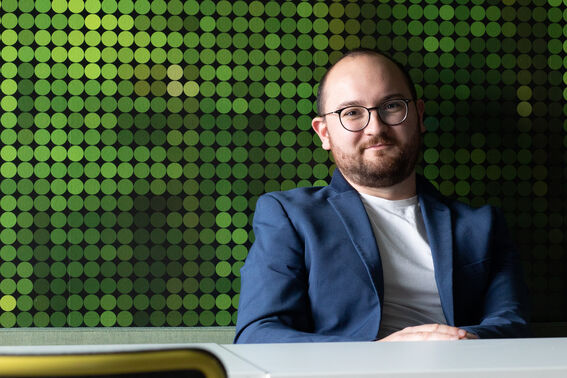
Robin Welsch
Project: "Amplifying the Mind with Interactive AI"
Duration: 2025 - 2030
The ERC project, led by Professor Robin Welsch, examines how artificial intelligence (AI) can be integrated with human intelligence, thereby enhancing our ability to reason, make decisions, and solve problems. Unlike today’s AI tools, which often leave us overconfident or overly reliant, this project develops new ways to measure human–AI performance, strengthen our self-awareness when working with AI and design.
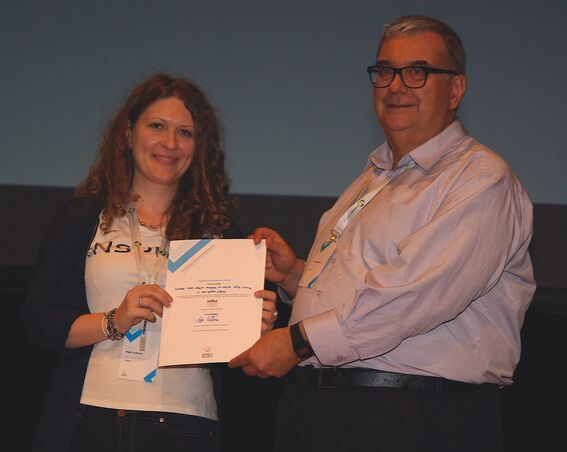
Maja Vuckovac
Project: "Ultrasensitive probing of wet adhesion and charge dynamics in soft materials"
Duration: 2025 - 2030
Maja Vuckovac studies how electric charges affect adhesion between soft materials in wet environments. She is developing a new electron adhesion microscope to uncover these mechanisms at the mesoscale, where molecular interactions determine material behaviour. The findings could lead to tangible improvements e.g. in biomedical engineering and enable new technologies in soft robotics and underwater adhesives.






